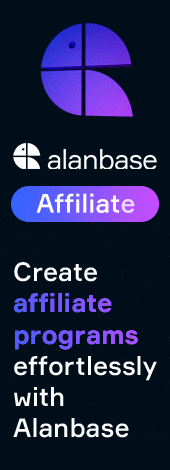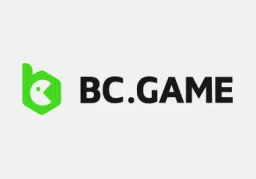Google and Alphabet employees working on a union

Over 200 Google and Alphabet employees have declared that they are working on forming a union. The Alphabet Workers Union is set to be open to both employees and contractors with the help of Communication Workers of America Union’s Campaign to Organize Digital Employees (CODE-CWA).
Around 227 employees have signed on to support the union so far, all of whom are now committing to set aside 1% of the yearly compensation to go toward union dues. The majority of those who have signed are based in the San Francisco Bay Area offices, and one is based in Cambridge.
In a statement, Dylan Baker, a software engineer at Google, said:
“This is historic—the first union at a major tech company by and for all tech workers. We will elect representatives, we will make decisions democratically, we will pay dues, and we will hire skilled organizers to ensure all workers at Google know they can work with us if they actually want to see their company reflect their values.”
These efforts to unionize at Google and Alphabet emerged after the creation of unions at other tech companies such as Kickstarter and Glitch early last year. They were not the only ones, seeing as the employees at HCL Technologies who contract for Google in Pittsburgh and tech company cafeteria workers in the Bay Area formed unions last year as well.
“You have an industry of workers — the new generation of workers and the industry, especially tech and games, has been growing exponentially with young people,” stated CODE-CWA union organizer Wes McEnany. “Some of them make a lot of money and are working at companies that do really bad things. I think they’re at a position socially where they’re like enough is enough.”
In a press release, employees also highlighted how over half of the people who work at Alphabet companies are contract workers, therefore lacking many benefits. Moreover, employees are unhappy with the hefty payout packages handed out to executives accused of harassment.
Just last month, the National Labor Relations Board filed a complaint against Google concerning the alleged company violation of parts of the National Labor Relations Act by surveilling employees, restraining and coercing employees in the exercise of their rights guaranteed by Section 7 of the National Labor Relations Act. The NLRB also claims that Google discouraged “its employees from forming, joining, assisting a union or engaging in other protected, concerted activities.”
Those are merely a few of the reasons why employees want to unionize and gain the legal right to bargain en masse over workplace conditions. There is still much that needs to be improved before Alphabet Workers Union comes into fruition.
As of this moment, the 227 employees still need to get other Google and Alphabet workers on board in order to reach a large number of people in favor of the union. As of September 30 2020, Alphabet employed over 132 000 people. The next step would be to seek recognition from Alphabet itself.
That last part will surely be difficult when looking at what occurred with Kickstarter. When workers asked for voluntary recognition from Kickstarter in 2019, the company’s leadership refused to do so, despite workers having majority support. Kickstarter leadership instead forced workers to have a formal election with the National Labor Relations Board. It all worked out for the Kickstarter employees in the end but it took more or less ten months from going public with its efforts to being recognized as the Kickstarter Union.
“This union builds upon years of courageous organizing by Google workers,” Nicki Anselmo, a program manager at Google, said in a statement. “From fighting the ‘real names’ policy, to opposing Project Maven, to protesting the egregious, multi-million dollar payouts that have been given to executives who’ve committed sexual harassment, we’ve seen first-hand that Alphabet responds when we act collectively. Our new union provides a sustainable structure to ensure that our shared values as Alphabet employees are respected even after the headlines fade.”

























